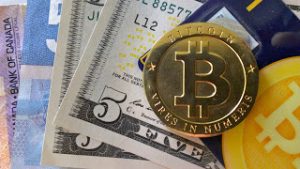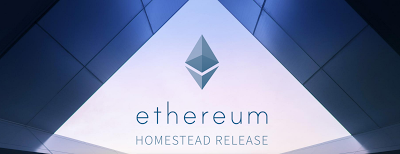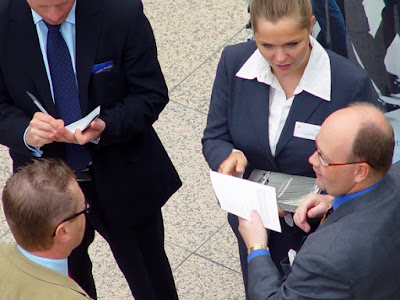Search Results For: william mougayar
Illinois Blockchain Strategy: a new working group
The U.S.A. State has created a new Illinois Blockchain Working Group for integrating the technology within the government.
This working group, created at the beginning of 2016, includes several representatives from public agencies, including the Department of Innovation and Technology, Department of Financial and Professional Regulation and the Department of Insurance.
Its main goal is identifying how the distributed ledger can improve government services and making it easier for users doing business with State agencies.
Director of the state’s Department of Insurance, Anne Melissa Dowling says her office is involved in a strong education campaign, to be the first agency in the U.S.A. to use the blockchain.
“Right now we’re trying to determine if we become a first mover in this space by developing a distributed ledger vision for government. But we’re doing a lot of listening and learning.”
During an interview, she explained that the distributed ledger can be used to make it easier relationships among Illinois insurance companies, regulators and policy holders.
So, the state wants to explore how the ledger can help to speed up this process.
“In concept its an absolutely beautiful thing. But we need to have a little more experience we need to spend a little more time with the data.”
Illinois Blockchain and Regulators
William Mougayar, author of “The Business Blockchain”, said that a semi-private blockchain developed by the state would be a strong basis to welcome in market stakeholders. According to him, the real challenge will be getting regulators on board, or the National Association of Insurance Commissioners.
“I suspect that the regulatory aspect is a more critical hurdle that will need to be addressed,” he said.
At the moment Dowling and her group are still thinking about the options they have. She explained that she studying the technology and its potential use cases for her agency, so she’s still learning more and more about the blockchain.
As part of that process, Dowling will participate in a blockchain regulatory panel held in Chicago on November 8th and she says that her first goal will be learing as much as possible.
Also, Dowling comments she is observing working models that can explain how blockchain can be implemented in insurance groups.
These were here words:
“These efforts are really on behalf of consumers to ensure we can serve them in the most efficient and cost-effective way. Illinois wants to look at everything possible to achieve that goal.”

Credit: Coidesk.com
Open your free digital wallet here to store your cryptocurrencies in a safe place.
Blockchain use explained with Google Docs
Blockchain Use is similar to Google Docs
Open your free digital wallet here to store your cryptocurrencies in a safe place.
Why governments should embrace the Blockchain
How governments should embrace the Blockchain
- Verification: licenses, proofs of records, transactions, processes or events.
- Movement of assets. E.g. Transferring money from one person/entity to another.
- Ownerships: the blockchain is a perfect ledger to custody any asset.
- Blockchain can be used to give e-identities to its citizens, enabling a safer kind of voting.
- Study the blockchain and explore its potential.
- Let people develop a blockchain strategy.
- Start experimenting with blockchain technology
- Develop new ideas to improve the quality of life of the citizens
Open your free digital wallet here to store your cryptocurrencies in a safe place.

Ethereum Launches Homestead
“You need to look at the growth of the Ethereum network via the growth of its nodes, sitting at 5,100 versus bitcoin’s about 6,000 roughly. That’s quite significant and shows the stability and global nature of the Ethereum network,” commented Mougayar.
Homestead vs Frontier
“Homestead’s arrival will begin to demonstrate the next generation of blockchain technology, whereby anything we can dream of, can be accomplished in a decentralized manner using Ethereum.”
Ethereum helps Car Charging
In Germany the startup called Slock is working with RWE on a project to use Ethereum for car charging uses.
Open your free digital wallet here to store your cryptocurrencies in a safe place.
